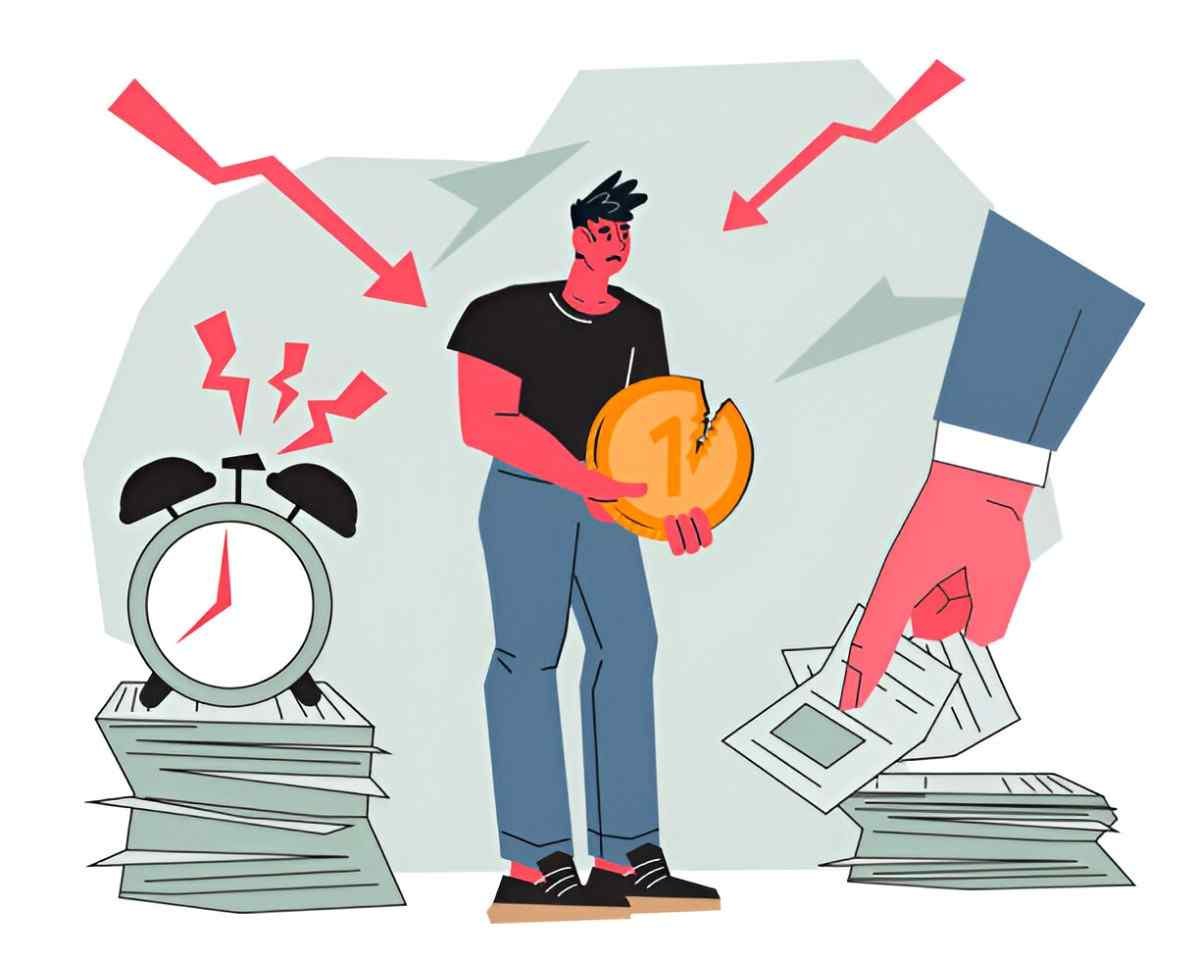When I started investing in mutual funds, I quickly realized that not all activities surrounding them are fair or ethical. Some practices cross the line into what’s called abusive or fraudulent activity. Knowing what these abuses look like helps me protect my investments and spot red flags before committing my money.
Table of Contents
What Is Abusive Activity in Mutual Fund Investing?
Abusive activity refers to actions by individuals or firms that manipulate, defraud, or take unfair advantage of investors or the mutual funds themselves. These activities violate securities laws or ethical standards and can lead to financial loss, legal consequences, or damage to market integrity.
Common abusive practices in mutual funds include:
- Market timing abuse
- Late trading
- Fraudulent sales or misrepresentation
- Churning
- Fee gouging
- Insider trading
Example of Abusive Activity: Market Timing Abuse
Market timing is a practice where an investor buys and sells mutual fund shares frequently to exploit inefficiencies in the fund’s pricing or portfolio holdings. Many mutual funds impose restrictions to prevent market timing because it can harm long-term investors by increasing trading costs and disrupting fund management.
How Market Timing Works
Suppose I invest in a mutual fund that values shares once per day, based on the closing prices of underlying securities. However, the fund’s portfolio includes international stocks that trade on foreign markets, which close earlier. An investor with quick access to foreign market information can exploit this delay.
Illustrative Scenario
- The investor learns that the Japanese stock market had a significant price jump during their afternoon (U.S. time).
- The mutual fund’s NAV is still calculated using yesterday’s closing prices of Japanese stocks because of time zone differences.
- The investor quickly buys shares of the mutual fund before the NAV update to capitalize on the expected price increase.
- After the NAV adjusts, the investor sells shares at a profit.
This rapid trading exploits stale prices and is considered abusive because it can dilute the value for long-term investors and increase fund costs.
Impact on Other Investors
Market timing causes funds to buy and sell securities more frequently, incurring transaction costs and potentially harming returns for investors who hold shares longer.
Regulatory Response
The U.S. Securities and Exchange Commission (SEC) and the Financial Industry Regulatory Authority (FINRA) prohibit late trading and market timing practices. Mutual funds now often include:
- Redemption fees on short-term trades
- Limits on the number of trades per period
- Monitoring and enforcement to detect abusive patterns
Other Examples
Late Trading
This involves placing orders to buy or sell mutual fund shares after the market closes but receiving that day’s NAV price. It’s illegal because the order is effectively executed at a price not yet determined when the order was placed.
Fraudulent Sales Practices
Salespersons may exaggerate fund performance, hide fees, or misrepresent risks to persuade investors to buy shares. This misleads investors and breaches fiduciary duties.
How I Protect Myself
I carefully review fund prospectuses, look for clear trading policies, and avoid funds with histories of abusive practices. I also stay updated on regulatory actions and investor alerts.





